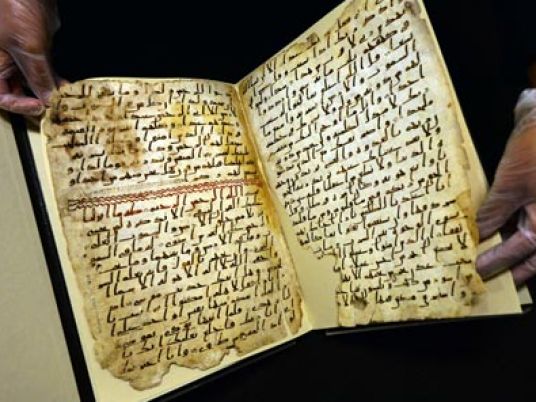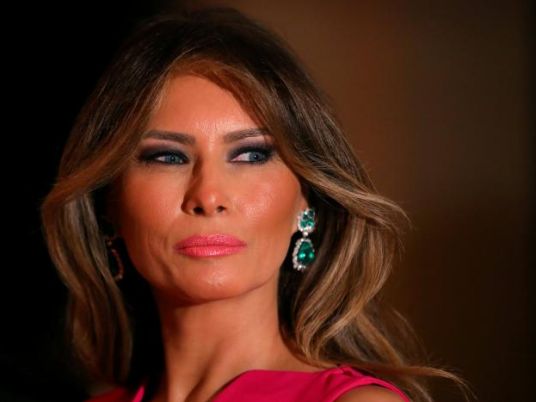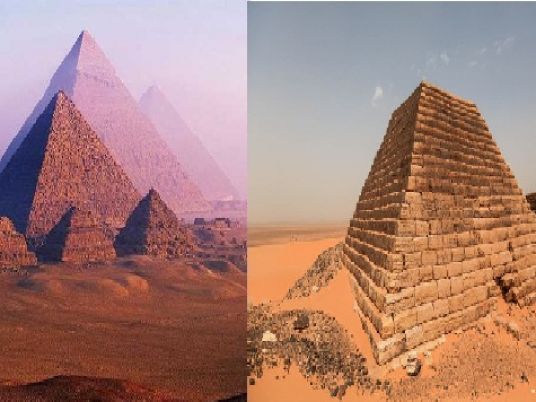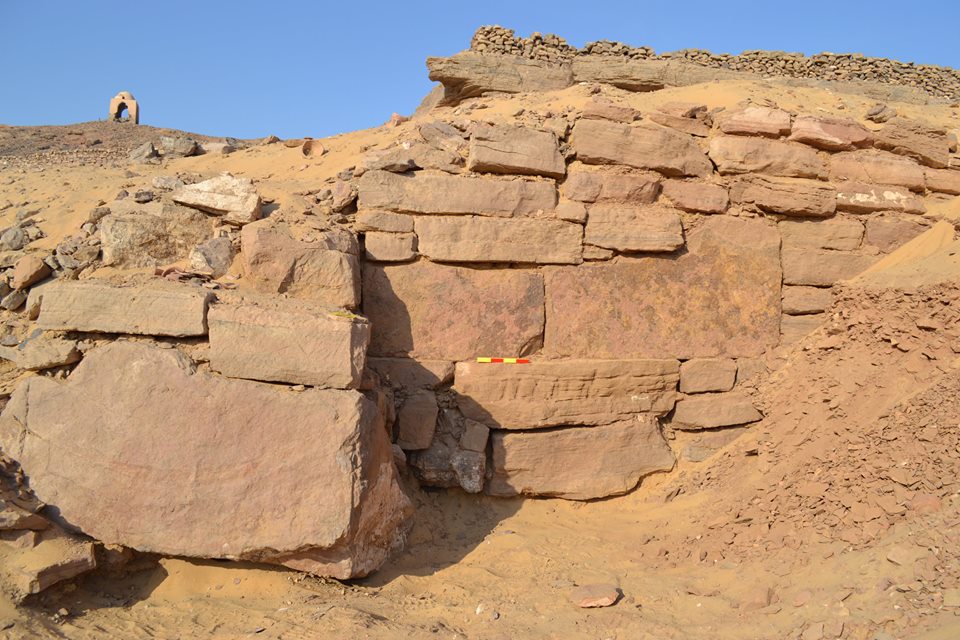
The Daily Mail published an article on August 31 which discussed fragments of a recently discovered Quran scientists believe may predate the Prophet Muhammad but which Muslim scholars emphatically deny.
Two months ago, pages of a Quran were discovered at the University of Birmingham's library. Subsequent radiocarbon dating found the manuscript to be at least 1,370 years old, leading scientists to believe it could be the oldest Quran in history.

Photo: Reuters "A fragment of a Quran manuscript is seen in the library at the University of Birmingham in England, July 22, 2015".
According to historians, the radio carbon dating says that the Quran may have been produced between 568 and 645 A.D. The Prophet was born in 570 and died in 632 A.D.
“I’m wondering how this seems to be proof to the newspaper. If anyone takes a careful look at the dates, you can find the fragments already fit the same dates of Muhammad’s life, so it’s proof that Muhammad was the prophet,” said Mohamed Ashour, former undersecretary of Al-Azhar.
Nadir Dinshaw, an interreligious relations professor at the University of Birmingham, told the Daily Mail that the Prophet Muhammad received the revelations from the Quran between the years 610 and 632 A.D.
According to Islamic teachings, Muhammad received his first revelation at the age of 40. “If anything, the manuscript has consolidated traditional accounts of the Quran's origins," Mustafa Shah from the University of London's School of Oriental and African Studies told the Daily Mail.
Keith Small, from the University of Oxford's Bodleian Library, claimed that the discovery raises concerns over the Koran's genesis. He suggested that “Muhammad and his early followers used a text that was already in existence and shaped it to fit their own political and theological agenda, rather than Muhammad receiving a revelation from heaven.”
Commenting on Smalls words, Ashour said, “If you read the Quran, you can find that the whole Quran mentions Muhammad in each verse sent from Allah,” he said.

Photo: YoutubeQuran verse in Younus Sura in which Allah was talking to Prophet Muhammad
Ashour also pointed out that the first Sura in the Quran is Al-Alaq, which was the first revelation received by Muhammad. "The Sura was directed to Muhammad to read, as it says [96.1] 'Read in the name of your Lord who created.' [96.2] 'He created man from a (blood) clot.' [96.3] 'Read and your Lord is most Honorable.'
Oral traditions
The Daily Mail explained that the Quran had been memorized and passed down orally, rather than having been written down.
Ashour, however, refuted the statement. “The prophet Muhammad used to write down the Quran after receiving each revelation,” he said
“Mohammad used to write the Quran on goat skins, palm trees or food clay utensils," said Ashour. "Moreover, his companions were memorizing it. After the Prophet's death, many of his companions also died, which worried the Caliphs who were afraid the Quran might be lost.”
After the Riddah Wars (wars of apostasy) and the Battle of Yamamah, in particular, a large number of Quran memorizers (around 450) perished. Companion Omar ibn Al-Khatab then convinced fellow companion Abu Bakr that the Quran should be collected and put into one manuscript.
The companions then assigned Zayed Ibn Thabet to authenticate and collect the oral and textual Quran revelations into a single bounded volume. Zayed had been one of the men the Prophet Muhammad had selected, during his lifetime, to write down the verses.
Later, during the Islamic expansion, the companions branched out to different countries, adapting and teaching the Quran to people in each of the nation's languages.
This move raised concerns for Caliph Osman Ibn Affan, who believed that the original message of the Quran would be lost in translation if it was disseminated in such a non-uniform way. He asked that one Uthman Quran be made so that there would be only Quran used throughout the world




